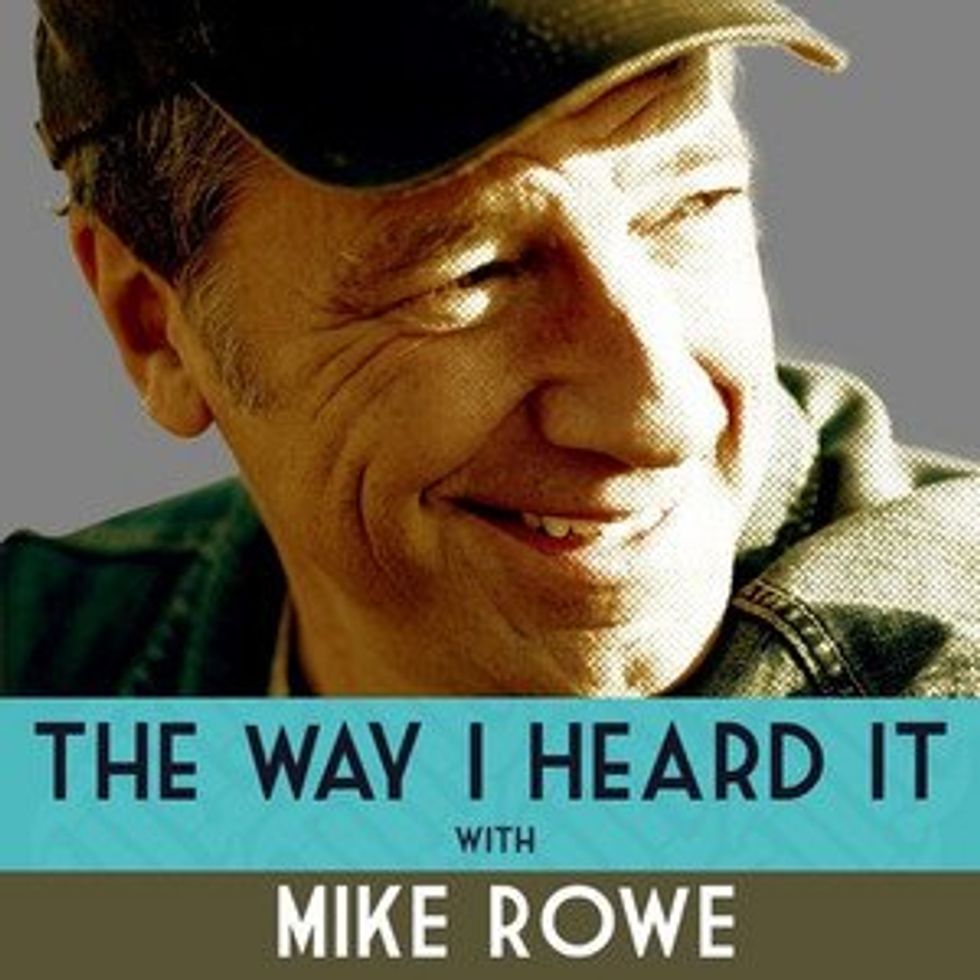
This article was originally published on Blaze Media. You can read the original article HERE
“This Old House,” an American institution, has been going strong for 45 years. The series' third host, former commercial banker Kevin O’Connor, is passionate about highlighting the work of professionals in the trades. That shared goal brought him and Mike Rowe together last year for an episode of Rowe’s podcast, “The Way I Heard It,” last year.
Rowe and O’Connor traded stories about hosting and the experiences their "B-level" stardom has afforded them, including appearances on another PBS staple, "Sesame Street." They also discussed their respective charitable foundations: Generation Next, which helps form apprentices and gives them small roles on "This Old House," and Mike Rowe Works.
We need to end the DEI-driven bias against boys and young men that permeates every level of public education.
O’Connor recounted a deep history of “This Old House.” It is a must-listen for any fan of the show, especially his recollection of a 1979 helicopter shot involving Bob Villa.
342: Apple Juice and Saltines with Kevin O'Connor

The most profound part of the interview came when the conversation shifted to the lack of shop classes in 21st-century high schools, leading to a discussion about how the modern education system is failing young men.
O’Connor believes the lack of male role models plays a significant role in why boys and young men are being left behind. “If you look at the evolution of schooling in America, there used to be a lot of male teachers,” he said. “I think in the ’70s, half or more than half of high school teachers were men. Today, 75% of teachers are women.”
He went on to explain why this is a concern: “That’s not necessarily a bad thing in itself, but if young men are looking for role models, it’s different when they get guidance from an older man who’s successful and can talk about things that are more masculine.”
At this point in the conversation, Rowe jumped in and asked O’Connor, “As someone with a show on PBS, and you’re still allowed to say all of this? That’s awesome.”
O’Connor joked, “No one listens to your podcast though, Mike, right? This isn’t going anywhere, is it?” He then quickly and powerfully listed what he sees as the consequences of the current status quo.
[Boys] have been put aside, downgraded. They have been damaged in terms of their reputation. And then if you look at the health of young men, I’d say it’s not great. You know, they struggle more than women. They graduate in lower numbers; they go on to college in lower numbers. They're the victims of depression and suicide and incarceration in higher numbers.And, to me, it's like there’s gotta be some sort of a connection between those things when we’ve said traditional masculine jobs, careers are secondary, they’re no good. And then we’re surprised when young men come out of high school or college lost and confused and then we suffer the ill effects of those things. And I think shop class is just one of those things.
On these points, O’Connor is absolutely right. As a society, we are failing young men. Starting in elementary school, they are labeled as disruptive, toxic, and responsible for society’s problems, essentially made to feel worthless. Prevailing educational theories claim no difference exists between males and females, leaving young men of all races behind.
O’Connor is also right about the suicide rate among young men. The rate for those aged 15-24 jumped by more than 50% from 2001 to 2021. According to the American Foundation for Suicide Prevention, "In 2022, men died by suicide 3.85 times more than women.”
The labor force participation rate among prime working-age men (25-54) continues to decline rapidly. A Bipartisan Policy Center-Artemis survey conducted earlier this year found that 57% of men who have stopped looking for work cite physical and mental health issues as the reason.
Studies also support O’Connor’s assertion that young men graduate high school at lower rates than young women. A Brookings Institution study of the 2017-2018 rates confirmed that this holds true in every state.
What needs to be done to address this? First, we need to end the DEI-driven bias against boys and young men that permeates every level of public education. Second, we need to train teachers, who are predominantly female, on how to effectively engage with boys and young men.
O’Connor emphasized this point with a story about his son’s experience at school. He shared how a female teacher sent every boy in his son’s class to the principal’s office because she couldn’t manage them.
O’Connor later met up with the principal and said, “Listen, you got a boy problem. You know, when the solution by a teacher is just send all the boys away, then you've got somebody who doesn’t understand boys because they’re a pain in the butt, but they are who they are, and the solution can't be stick ’em in a corner or detain them or move them away.”
The future of the nation relies on strong men. It’s far past time that we demand our public education system develops them.
This article was originally published by Blaze Media. We only curate news from sources that align with the core values of our intended conservative audience. If you like the news you read here we encourage you to utilize the original sources for even more great news and opinions you can trust!










Comments